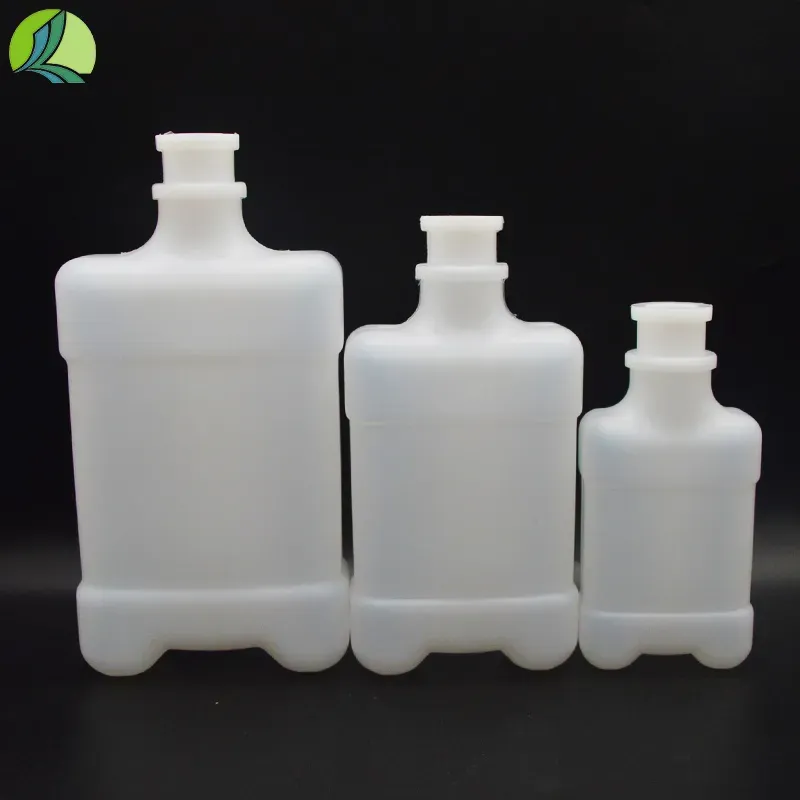Polycarbonate Vials for Secure Storage and Reliable Sample Preservation in Laboratories
The Advantages of Polycarbonate Vials in Laboratory and Pharmaceutical Applications
Polycarbonate vials have gained considerable attention in laboratory and pharmaceutical settings due to their unique properties and advantages over traditional glass or plastic alternatives. These vials, made from high-quality polycarbonate material, offer a range of benefits that make them an ideal choice for various applications.
One of the primary advantages of polycarbonate vials is their durability. Unlike glass vials, which can be brittle and prone to breakage, polycarbonate vials are resistant to impact and shattering. This feature makes them particularly suitable for environments where the risk of accidental drops or falls is high, such as busy laboratories or production facilities. Consequently, the use of polycarbonate vials can reduce the likelihood of costly spills and wastage, ultimately leading to enhanced safety and efficiency in operations.
Another significant benefit of polycarbonate vials is their lightweight nature
. Being substantially lighter than glass, these vials are easier to handle and transport, which is especially important in the pharmaceutical industry, where large quantities of vials are often moved and stored. The reduced weight can also translate into lower shipping costs, further enhancing their economic appeal.polycarbonate vials

Chemical resistance is another critical factor to consider when selecting vials for laboratory use. Polycarbonate has excellent resistance to a wide range of chemicals, making it suitable for storing and transporting various substances, including pharmaceuticals, reagents, and biological samples. Unlike some plastics, polycarbonate does not easily leach chemicals into its contents, preserving the integrity of the stored material.
Moreover, polycarbonate vials are typically transparent, allowing for easy visibility of the contents. This feature is beneficial for monitoring sample levels and conducting visual inspections without the need to open the vials, thus minimizing the risk of contamination.
In terms of sustainability, polycarbonate vials can be recycled, which is an essential consideration in today’s environmentally conscious world. With the proper recycling processes in place, these vials can be repurposed, reducing landfill waste and contributing to a circular economy.
In conclusion, polycarbonate vials present a range of advantages that make them a wise choice for laboratory and pharmaceutical applications. Their durability, lightweight properties, chemical resistance, visibility, and recyclability combine to provide a versatile and efficient solution for various storage and transportation needs. As the industry continues to evolve, polycarbonate vials are poised to play an increasingly significant role in enhancing operational efficiency and safety.
-
Aesthetic Makeup Spray Bottles | Fine Mist Empty RefillableNewsAug.19,2025
-
White Plastic Veterinary Vaccine Vials | Lab Liquid BottlesNewsAug.18,2025
-
Plastic Medicine Liquid Bottle: Secure Flip Top Drug VialsNewsAug.17,2025
-
Durable 250ml Blue Plastic Vaccine Vial for Lab & Vet UseNewsAug.16,2025
-
Sterile Virus Sample Tubes: Secure & Reliable Specimen CollectionNewsAug.15,2025
-
White 250ml Plastic Vaccine Vial for Lab & Vet MedicineNewsAug.14,2025
























